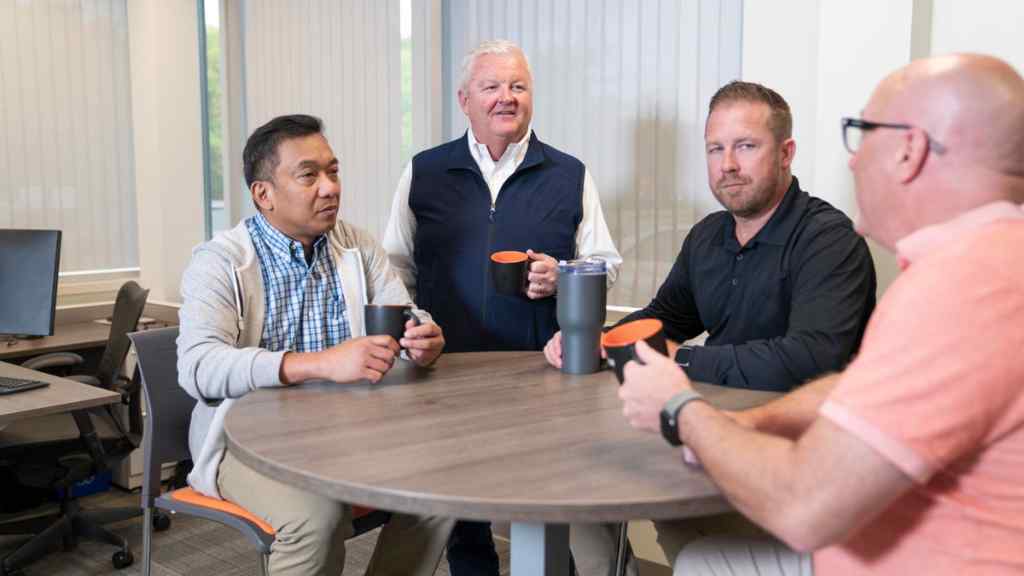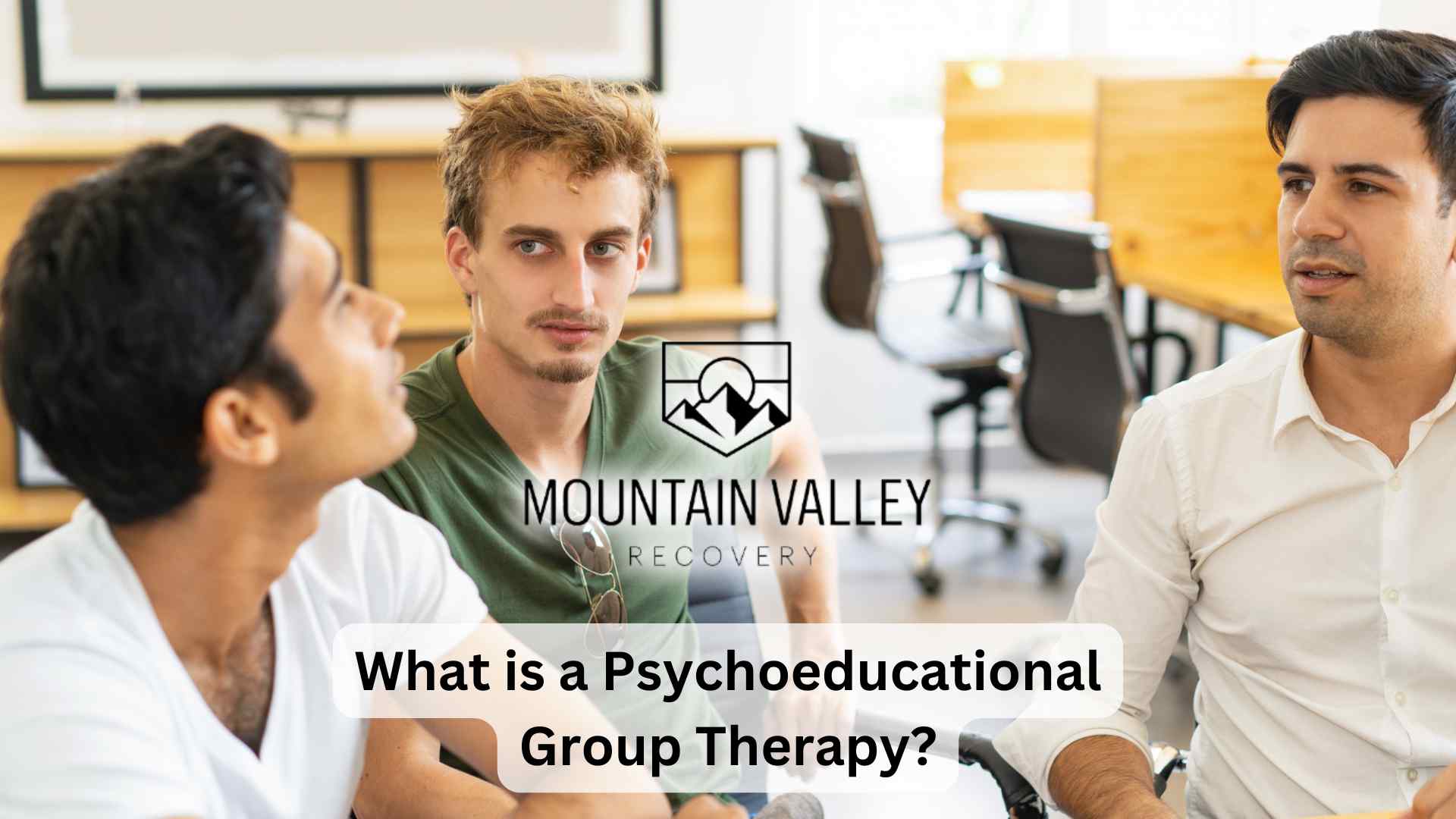Psychoeducational groups play a crucial role in addiction treatment by providing a structured environment where participants gain a comprehensive understanding of substance abuse, its far-reaching consequences, and the journey towards recovery.
As we look into the intricacies of psychoeducational group therapy for addiction, we will examine its essential elements, advantages, and how it integrates into the larger framework of substance abuse treatment.
What is Psychoeducational Group Therapy?
Psychoeducational group therapy is a unique form of group therapy that integrates education and therapeutic support to assist individuals in understanding and managing their mental health conditions or substance use disorders.
This approach concentrates on equipping participants with information about their specific diagnoses, treatment options, and coping strategies within a supportive group environment.
In contrast to traditional therapy sessions, psychoeducational groups emphasize sharing information, developing skills, and promoting a deeper understanding of life challenges.
These groups generally bring together individuals facing similar issues, establishing a safe space for learning, sharing experiences, and cultivating essential coping skills. They typically include 4 to 12 members and are led by mental health professionals or trained peer counselors who guide discussions and provide educational materials.
In addiction treatment, psychoeducational groups strive to educate patients about substance use disorders, their consequences, and the recovery process while also encouraging peer support and fostering a sense of community among participants.
The Process of Psychoeducational Group Therapy
The process typically begins with the forming stage, where therapists screen and select participants, establish group rules, and provide orientation to ensure a safe and welcoming environment.
During sessions, therapists introduce specific topics or skills, such as coping strategies, communication techniques, or symptom management, using a combination of lectures, discussions, and interactive activities.
Group members are encouraged to share their experiences and apply what they learn to their daily lives, often through homework assignments or role-playing exercises.
As the group progresses, members move into the working stage, where trust deepens and participants actively engage in problem-solving and self-disclosure, creating a collaborative atmosphere for growth.
The process concludes with the termination stage, where members reflect on their progress, evaluate what they have learned, and prepare to apply these insights independently moving forward.

Types of Psychoeducational Groups in Addiction Treatment
Support groups provide a safe space for individuals to share their experiences and emotions, helping them feel less alone in their struggles. These groups foster a sense of community and belonging, which can be crucial for maintaining motivation throughout recovery.
Skill training groups, on the other hand, focus on equipping participants with practical tools to manage stress, communicate effectively, and cope with triggers. By developing these essential skills, individuals can better navigate the challenges of recovery and reduce the risk of relapse.
Information-focused groups educate participants about the nature of addiction, treatment options, and strategies for long-term success, empowering them to make informed decisions about their well-being.
Exploring Topics Covered in Psychoeducational Sessions
You’ll learn about identifying triggers that can lead to relapse, helping you recognize and manage these stressors effectively. Psychoeducational groups also explore the biological and psychological aspects of substance use disorders, enhancing your understanding of addiction’s development and impact on mental health.
You’ll gain stress management techniques, coping strategies, and anger management skills to handle life’s challenges without resorting to substance use. One of the main goals of these sessions is to address the interconnected nature of mental health disorders and addiction, providing a holistic approach to recovery.
How Psychoeducational Groups Enhance Addiction Treatment
Psychoeducational groups provide a safe space for you to share experiences and learn coping strategies, fostering peer support that bolsters your recovery.
Through structured discussions, interactive activities, and shared experiences, members gain practical tools to manage cravings, avoid high-risk situations, and prevent relapse. The group setting fosters a sense of community and mutual support, reducing feelings of isolation and shame often associated with addiction.
As a plus, exposure to diverse perspectives within the group promotes self-awareness, problem-solving abilities, and emotional regulation, all of which are critical for long-term sobriety.
Final Thoughts from Mountain Valley Recovery
At our residential program in Utah exclusively for men, we’ve integrated psychoeducational group therapy, harnessing its advantages alongside evidence-based therapies and hands-on learning on our working ranch. By combining psychoeducation with our comprehensive, personalized treatment plans, we empower young men to break free from addiction and cultivate the resilience, life skills, and self-reliance essential for long-term recovery and a rewarding future.





